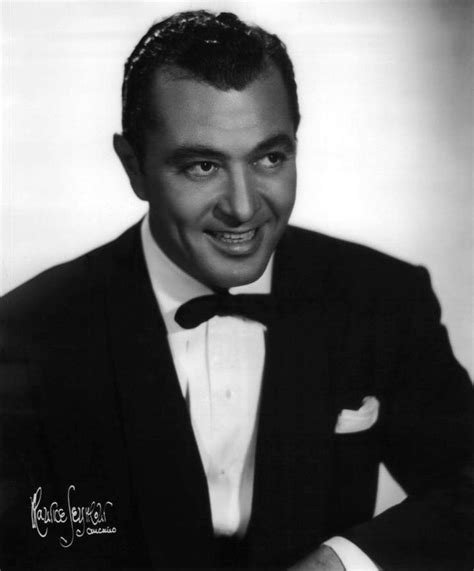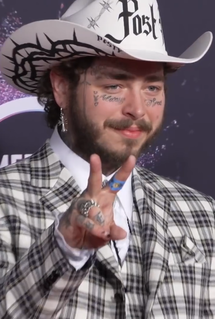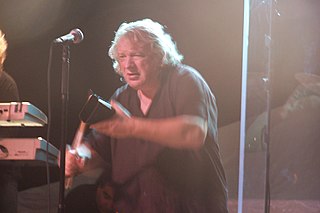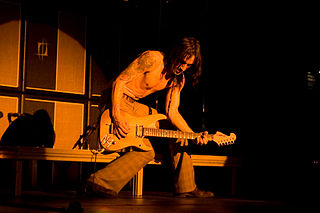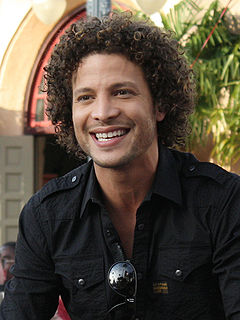A Quote by Tony Sunshine
I had a record on the Terror Squad album "My Kinda Girls", and then I had a record on the second Terror Squad album and was featured all over it. I wasn't really introduced into the game until about late 2000 where people got to see where I look like.
Related Quotes
Well, Led Zeppelin IV! That's it really. I'll tell you why the album had no title - because we were so fed up with the reactions to the third album, that people couldn't understand why that record wasn't a direct continuation of the second album. And then people said we were a hype and all, which was the furthest thing from what we were. So we just said, `let's put out an album with no title at all!' That way, either people like it or they don't... but we still got bad reviews!
I think record cover sleeves really led towards, but at the same time the album as we know it didn't come into being until mainly after the Second World War because record labels realized they'd be able to make a lot more money putting all the singles of an artist onto one album and selling the whole album as a kind of a concept.
Proust, my big inspiration for 'Goon Squad,' uses music a lot in his novel, both in terms of plot and structure. I liked the idea of doing the same thing, which is one reason I structured 'Goon Squad' as a record album, with an A side and a B side, that's built around the contrasting sounds of the individual numbers in it.
I struggled with the pressure of having the successful record after the first record. Second album syndrome. I'm living proof; it's very real. It was like a psychological battle to be creative. I used to never feel pressure to be creative; it's always just been a fun thing. And then suddenly it's my job, and people are asking, 'Where's the record?'
I'm a hip-hop guy, and the first time I heard Eminem was in '96. He was on a record with Shabban Siddiq. I was like, 'Who is this guy? He's dope!' First album came out: awesome. Second album came out: awesome. Third album, I was like, 'Eh.' He started to get really successful. He wasn't 'mine' anymore.
